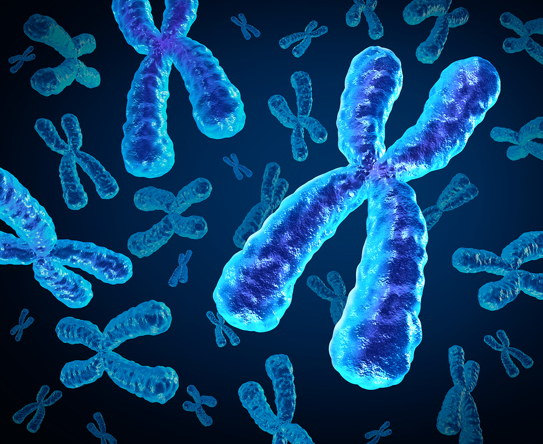Biotechnology deals are off to a strong start in 2018, thanks to the Biotech Showcase 2018 held every year alongside the J.P. Morgan Healthcare Conference. In the first two weeks, 16 transactions were made public.
This year, the Showcase registration desk was just getting into full swing on Sunday, January 7, when Celgene Corp. (NASDAQ: CELG) announced its $1.1 billion acquisition of Impact Biomedicines, a privately held biotech based in San Diego.
The draw is Impact’s lead product candidate, fedratinib, a highly selective JAK2 kinase inhibitor that is being evaluated for myelofibrosis and polycythemia vera.
Fedratinib was evaluated in 877 patients across 18 clinical trials. In a randomized, placebo-controlled, Phase 3 pivotal trial (JAKARTA-1) for patients with treatment-naïve myelofibrosis, fedratinib demonstrated statistically significant improvements in the primary and secondary endpoints of splenic response and total symptom score, respectively. In an exploratory subgroup analysis, these improvements were observed regardless of a patient’s baseline platelet count.
Biotechnology M&A hit a record in 2017, posting 209 transactions, a 20% increase compared with 2016’s 174 deals. The previous record for deal volume was set in 2009, with 193 deals.
Spending on 2017’s biotechnology sector was high, but not record-setting. Approximately $54.5 billion was committed to finance those deals, a 283% increase over the $18.6 billion spent in 2016.
Last year’s dollar volume was helped by two multi-billion-dollar transactions. The largest, at nearly $30.2 billion, was announced during the 2016 Biotech Showcase. Johnson & Johnson (NYSE: JNJ) agreed to buy the Swiss biotech Actelion Ltd. (SIX: STLN), Europe’s largest biotech company, with commercially available treatments for rare diseases such as pulmonary arterial hypertension, Tracleer, and a handful of late-stage drugs. Actelion was spun out of Roche in 1997.
The year’s second largest biotech transaction was Gilead Sciences‘ (NASDAQ: GILD) $11.9 billion deal for Kite Pharma, Inc. (NASDAQ: KITE), a California-based company developing and commercializing novel cancer immunotherapy products. It had a pipeline of engineered autologous cell therapy-based product candidates for the treatment of solid and hematological malignancies.
Those two transactions account for 77% of last year’s dollar volume in this sector. Without them, 2017’s biotech spend would have posted a 33% decrease from 2016’s $18.6 billion.


